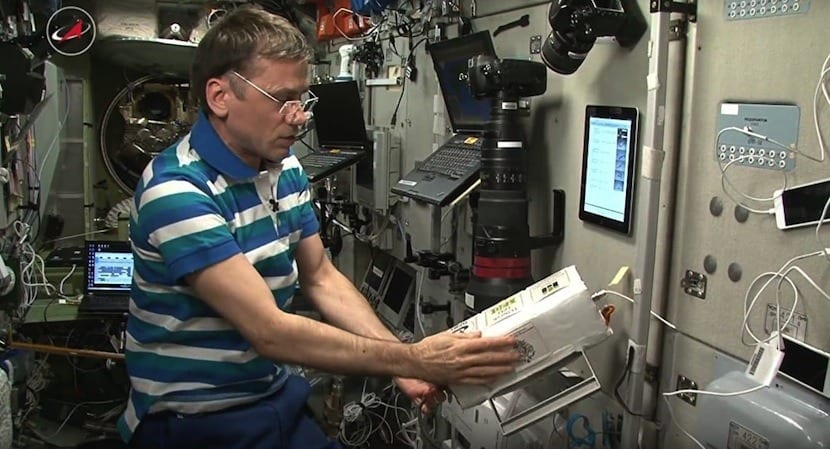
On this occasion, it will be Russia that will put a new satellite into orbit from the International Space Station, baptized with the name of Tomsk-TPU-120 and created using 3D printing techniques. This satellite will begin to work from the next spacewalk carried out by the astronauts and scheduled for July 2017.
As explained Alexey Yakovlev, Director of the Department of Physics of High Technologies at Tomsk Polytechnic University:
The cosmonaut spacewalk is a complicated and expensive procedure that requires lengthy preparation. In addition, these tours are usually used to carry out as many missions as possible in open space related to experiments or the repair and modernization of the International Space Station itself.
Tomsk-TPU-120, a 3D printed satellite, is now ready to be put into orbit.
Going into a little more detail, as the director of the Tomsk Polytechnic University comments, this 3D printed satellite is the first device manufactured using the novel technology of dynamic multi-level simulation, in the words of the teacher himself:
The combination of these technologies makes it possible to significantly reduce development time and the number of full-scale tests, find new design solutions and reduce project costs.
As a detail to tell you that the launch and put into orbit of this new satellite is nothing more than an experiment that constitutes the first stage of an ambitious long-term project where it will be sought develop and create small satellites for different purposes. Apparently what the Russian Space Agency is looking for is to create groups of satellites capable of solving various problems faced by the agricultural sector such as monitoring forest fires, meteorological information, searching for natural resources ...